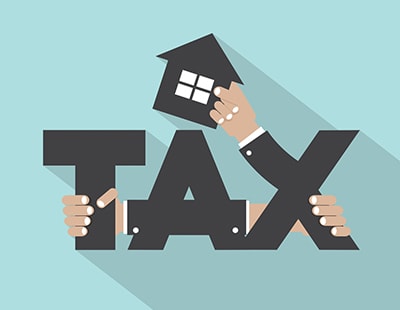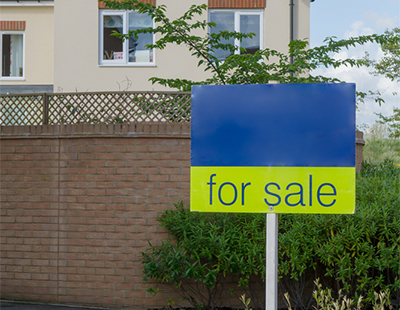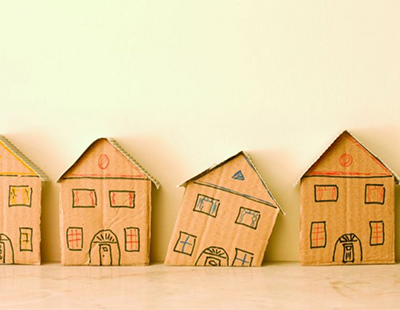
New figures show that typical capital gains for buy to let investors are on the way down.
Hamptons International says that landlords who sold in 2019 had typically owned their property for 9.1 years and sold it for an average £78,100 more than they paid for it.
This equates to a 42 per cent grow gain on their initial investment but it is £2,400 or three per cent less than landlords who sold in 2018.
Overall, 84 per cent of landlords who sold their buy to let property in England and Wales last year made a gross capital gain but 16 per cent made a loss.
Unsurprisingly, Hamptons says that landlords selling up in London made the biggest gains - typically a gross gain of £253,580, over 20 times that of a seller in the North East where the average gain was just £11,710.
The agency calculates that some 150,000 BTL properties were sold by landlords in England and Wales last year.
“The profitability of the buy to let market has been questioned in recent years and is one of the main reasons why some landlords have chosen to sell up. But one of the biggest bonuses from cashing in comes from the capital gain on a property. Over a third of landlords’ total return comes from capital growth rather than rental income in Great Britain” explains Aneisha Beveridge, head of research at Hamptons International.













%20-%20IMAGE%20Client%20Accounting%20%E2%80%93%20what%20are%20your%20options.jpg)
.png)








Join the conversation
Jump to latest comment and add your reply
This is all well and good but what most people either didn't realise, or have forgotten, is this is mainly a TAX ON INFLATION!
If you bought a property 10 years ago for, say, £200k you'd expect it to now cost £400k. If you used it as a buy to let you'd now be taxed on the "growth" if selling (and one day probably every year even if not).
However if you bought £200k's worth of groceries and cleaning products 10 years ago, to fill the same warehouse with the same quantity of comparable things would now probably cost around £400k.
The government's Office of National Statistics conveniently rigs inflation figures for political purposes. In reality an objective look at most normal things people buy would show prices approximately double every ten years with compounding inflation (other than highly artificially priced things like petrol or booze that are mainly tax one way or another anyhow).
So without doing any improvements or alterations to that once £200k house (just maintenance and a little updating to keep it "current" during that period), you'd EXPECT it to roughly double every ten years, all things being equal and no economic shocks like the sub-prime crisis.... such things can be factored in by using a different rule of thumb over a longer time period.
Now the same house more or less anywhere in a comparable location would cost £400k and after you've paid the CGT (or corporation tax if via a Ltd Co) you can't afford to buy another one, which I suggest proves the point..... its a big swizz.
IF the Office of National Statistics was fairer, more balanced, more honest and so more realistic OR better still had a separate, fair and accurate "property index", and IF "indexation" (remember that?) hadn't been abolished THEN inflation would be removed and any real gain OVER INFLATION could be fairly taxed if that's what the government wanted to do (and they do).
Wow, that is quite insightful. Are you suggesting then that investing in property say in London is not worth it?
Please login to comment